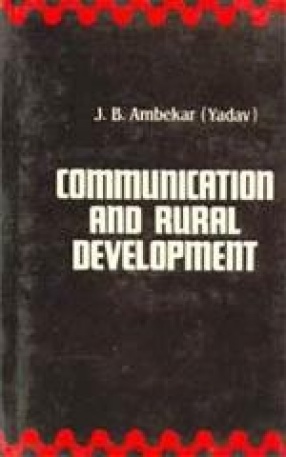NGOs and Development: The Indian Scenario
Synopsis
NGOs are in important link between people at the grassroots, civil society and the state. They have been instrumental in creating awareness and implementing development programmes in agriculture, watershed development, women's empowerment, education, de-addiction, removal of superstitions, and health and family welfare. They are thus representative of alternative modes of development thinking in India. At the same time, NGOs are dependent, on, and influenced by, the state as well as the national/international funding, ideology and programmes. This interface between NGOs, civil society and the state needs to be urgently addressed. There are various ways of approaching the NGOs in order to review their role in development. The scope is immense and the field of voluntary organisations is a fertile ground for researchers in sociology/social anthropology, economics and social work. The present book addresses itself to the political economy of NGOs as well as to issues such as ideology, human rights, people's participation, good governance, empowerment through concrete experiments/case studies of voluntary organisations functioning in various regions of the country.
Read more
22.50
20.25
$
25.00 $
Free delivery Wolrdwidе in 10-18 days
Ships in 1-2 days from New Delhi
Membership for 1 Year $35.00
Get it now and save 10%
Get it now and save 10%
BECOME A MEMBER
Books by the same authors
-

Sociology of Environment
-

Environmental Movements in India: Strategies and Practices
-

Problems and Prospects of Development, Cooperation, Voluntaryism, Communication Social Tensions and Weaker Sections in Rural India
-

Communication and Rural Development
-

Agricultural Communication and Sustainable Development







Bibliographic information
J.B. Ambekar
D. Shrikant